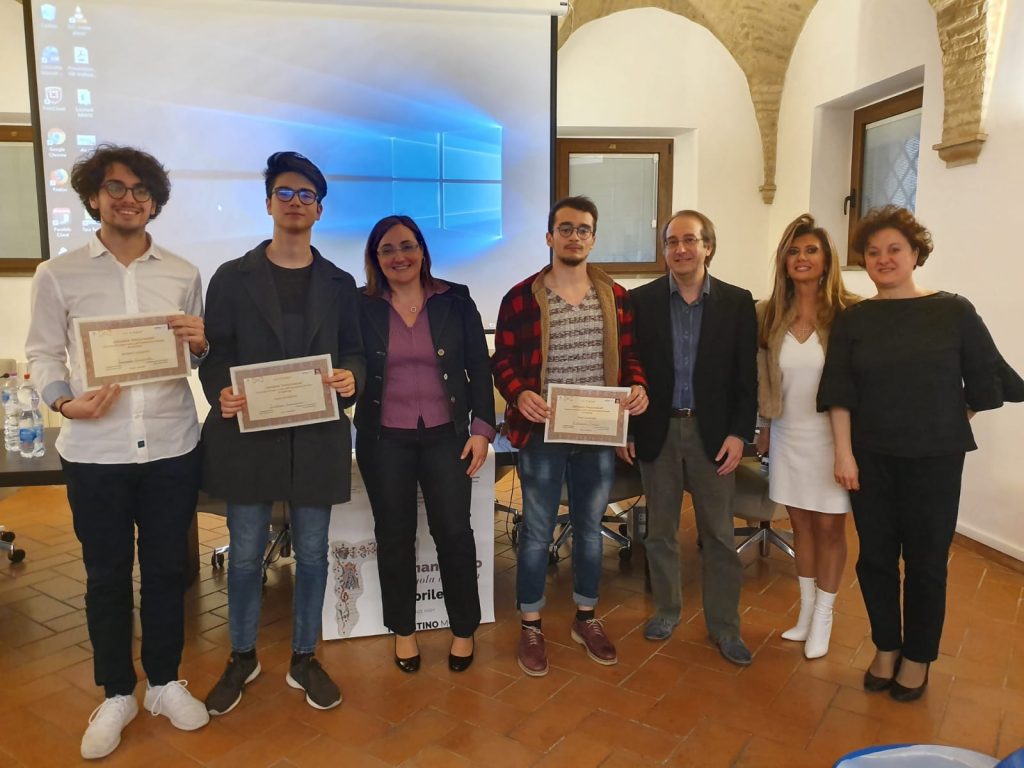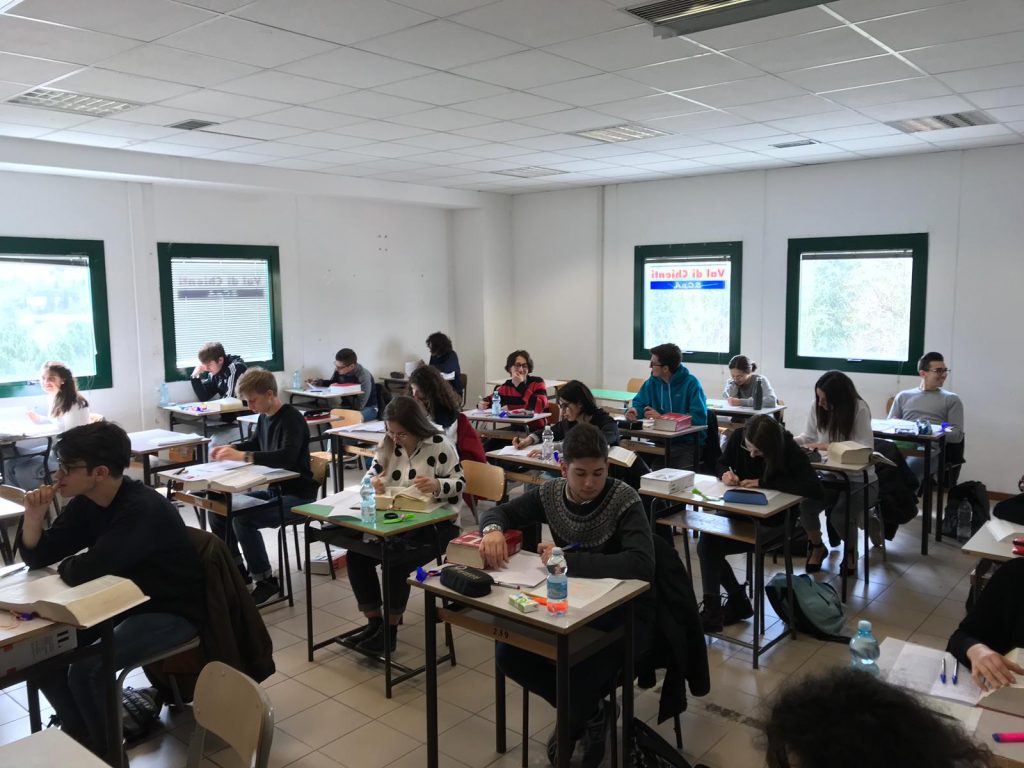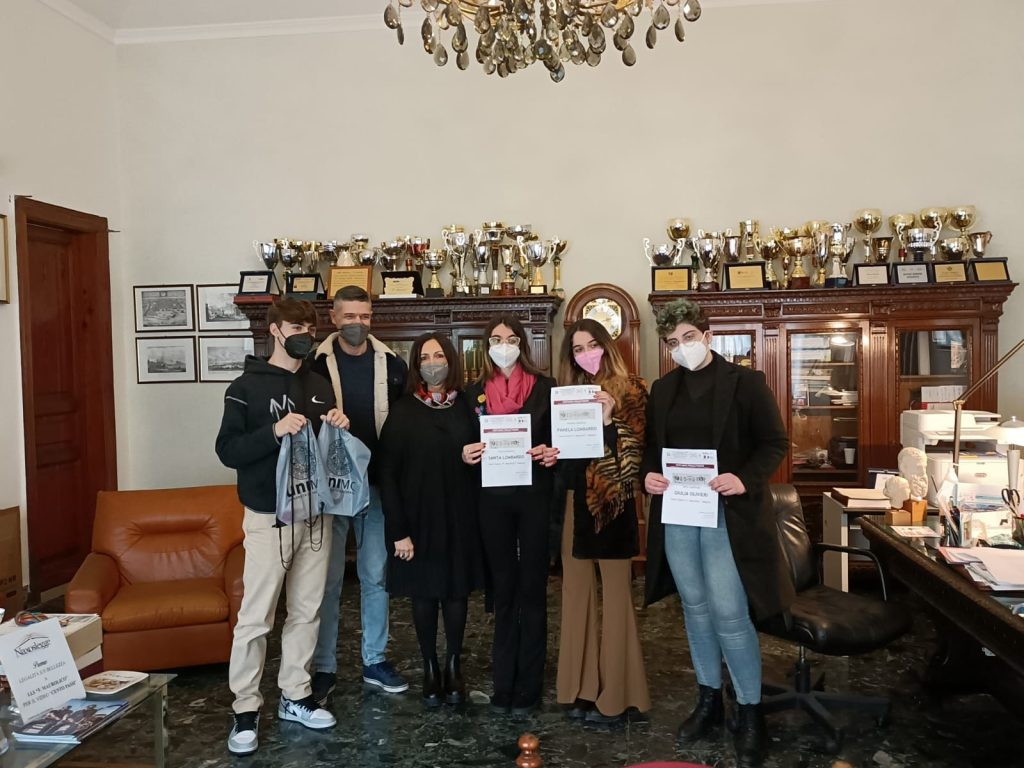What is Certamen Philelfianum?

It is the most significant cultural promotion initiative of Humanism within schools, stemming from the Philelfiana project, thanks to the collaboration between the Department of Humanities at the University of Macerata and local institutions: the IIS “F. Filelfo” in Tolentino, the Municipality of Tolentino, and the Filelfiani Association. The idea took shape following the concluding conference Filelfo, le Marche, l’Europa (April 12-14, 2016), at the explicit request of local authorities interested in initiating an activity that would fully enhance awareness of the cultural role played by Francesco Filelfo in the European intellectual panorama. It was defined during the autumn of 2016, coinciding with the tragic consequences of the earthquake that struck the area during that period. The intention was to establish a translation competition from Latin to Italian dedicated to the figure of the humanist, focusing on texts from the humanistic-Renaissance tradition, which, for the time being, is unique in the national territory.

It is indeed an objective fact that the recovery, knowledge, and learning of classical Latin, since the early centuries of the modern age, also occurred through the mediation of the humanistic re-elaboration of this language, which gave rise to a broad literary production. In particular, rhetorical writings such as epistles and orations were soon employed for educational purposes, alongside the canon of auctores antiqui, for intellectual formation in Renaissance Europe. The Certamen Philelfianum intends to retrace this cultural season as an effective educational and didactic tool, inviting students to engage in a translation test from a prose Latin passage by authors operating in Italy and Europe between the 15th and 16th centuries.

After an initial experimental phase of traditional in-person tests, during the pandemic biennium, its formulation was rethought, and since 2020 the project has transformed into a competition in which students participate remotely, a mode that has facilitated participation from various parts of Italy, contributing to the inclusive value of the initiative, which brings together many different territories around the ideals of Humanism. A special thanks, in this regard, goes to the schools of Messina, which have consistently participated in the recent editions.